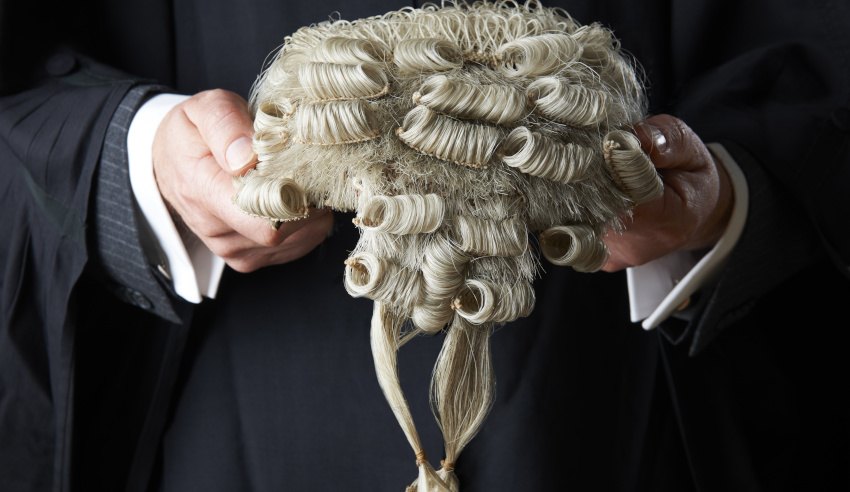Following the release of new research into the effectiveness of circle sentencing in NSW Local Courts, the bar association has renewed calls for the Walama Court.

NSW Bar Association president Tim Game has reiterated calls for a Walama Court which would address “longstanding issues” associated with an over-representation of Aboriginal and Torres Strait Islander people in the state’s criminal justice system.
“These encouraging results lend support to establishing a Walama Court,” Mr Game said. “The Walama Court involves a hybrid model incorporating aspects of the Victorian Koori Court and the NSW Drug Court and would operate at a District Court Level.”
The BOCSAR report found Aboriginal offenders who participated in circle sentencing are almost 10 percentage points less likely to receive a prison sentence, which represents a 51.7 per cent decrease from the rate at which Indigenous offenders are incarcerated.
Offenders who underwent this circle sentencing were 3.9 per cent less likely to reoffend within 12 months and take 55 days longer to reoffend if and when they do, than Aboriginal and Torres Strait Islander offenders who are sentenced in the traditional way.
First Nations peoples currently make up 2.8 per cent of Australia’s population but 25 per cent of adults in custody are made up of this population. The bar association has urged the government to prioritise the establishment and funding of the Walama Court in 2020.
“The Walama Court model proposes a community-based option where the judge has the capacity to monitor progress of the individual post-sentence. The monitoring will include an intensive period of monitoring, including more intensive supervision by the community corrections in the community,” Mr Game said.
The proposal has the support of the Police Association of NSW, Law Council of Australia, and the Australian Law Reform Commission’s Pathways to Justice report.
“We urge the government to support this proposal that has both the capacity to make a significant difference to the lives of First Nations peoples and deliver cost savings to NSW taxpayers as under the model fewer Indigenous persons would be imprisoned and the recidivism rates reduced,” Mr Game said.
